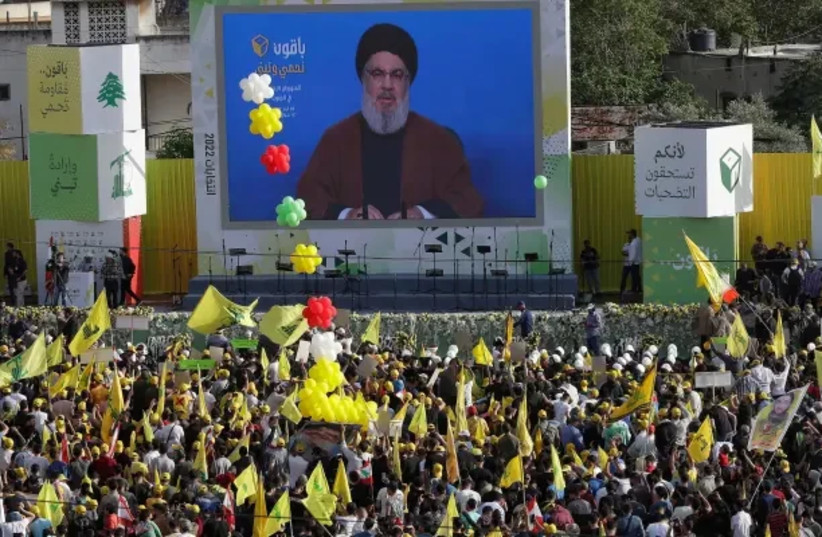In an interview on Radio North 104.5FM on Tuesday, the Alma Center's director of research, Tal Be'eri, referred to a report by the French newspaper Liberation claiming that Hezbollah has a secret tunnel network. This tunnel network, according to the report, is even more advanced than that of Hamas in Gaza.
According to the report, Hezbollah has an underground infrastructure hundreds of kilometers long that reaches into Israel, and possibly into Syria as well.
"Our assumption is that everything we see in Gaza in the past few months – all this and more is happening in Lebanon," Be'eri said. "Hezbollah started building in the 1980s, with the help of Iran and North Korea, who brought the professional knowhow. The result is a large system of tunnels under Lebanon.
"The tunnels are divided into different types," Be'eri continued. "The types we are familiar with are the attack tunnels, whose purpose is to cross the fence and invade the Galilee area, but here we are also talking about strategic tunnels that allow people to move from place to place, spread over many kilometers. Unlike the attack tunnels, they allow for the movement of vehicles and even medium-sized trucks," he added.
How large is Hezbollah's secret tunnel network?
"I can estimate that this tunnel network is hundreds upon hundreds of kilometers, I don't know the exact numbers," he noted, "We follow what is happening in Lebanon and we see that civilian companies, companies owned by Shi'ites, build different infrastructural projects, especially water transfer projects. You see the ability and the knowhow, and to an outside observer, it is clear to everyone that this can result in a tunnel that can be used militarily."
According to the report, the length of the tunnels is estimated at hundreds of kilometers and the length of one of the largest of them is 45 km. Some of the tunnels are very narrow and are intended for the infiltration of terrorists into Israel, and some are wider and are intended for Iranian Fateh-110 ballistic missile batteries.
In a report published this year, the Alma Center reported on tunnels filled with explosives dug under strategic points, which remained sealed and unused for several years. An explosion in a strategic location can cause disastrous rockfalls, a known tactic since the First World War.

